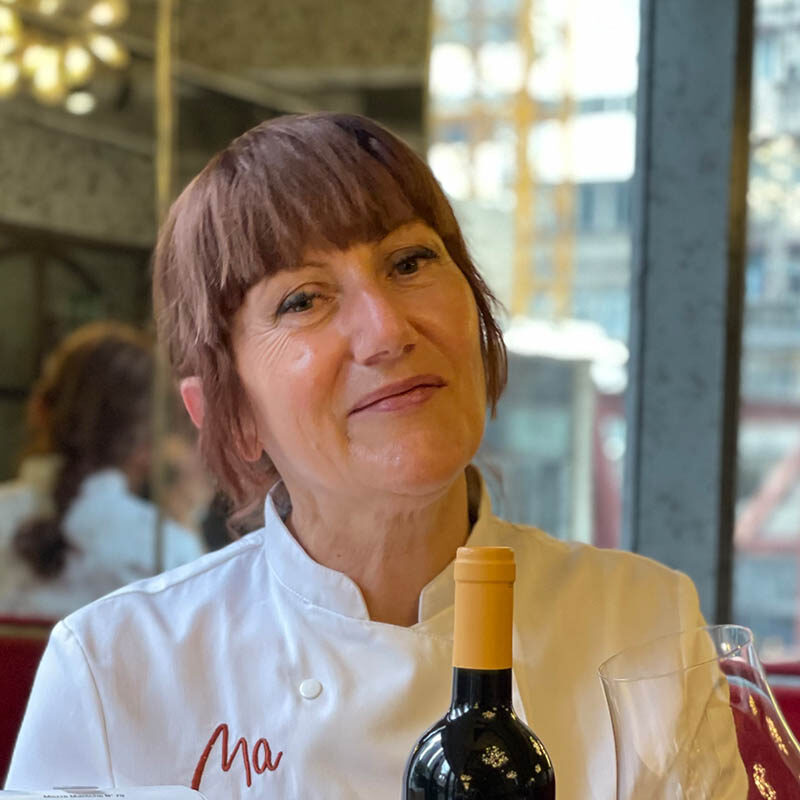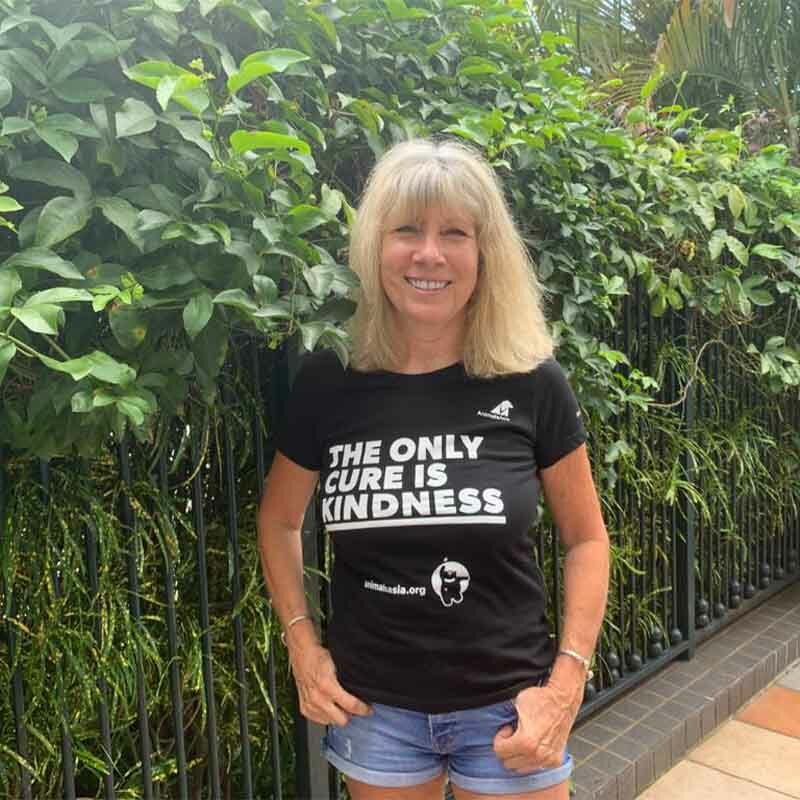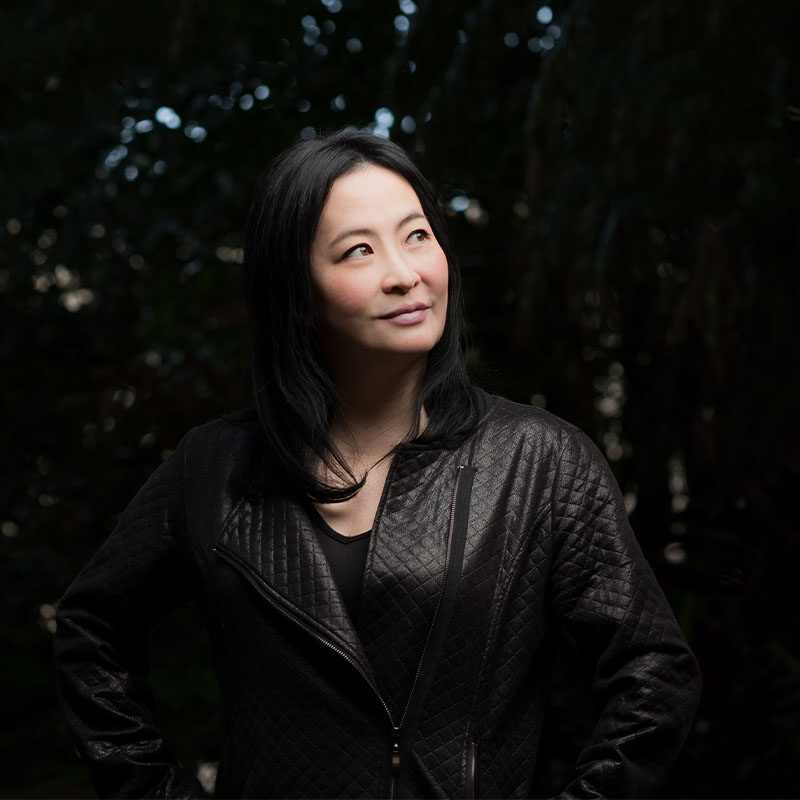
Applied Wisdom and Purpose: How Closed Loop Partners’ CEO Ron Gonen came to lead the circular economy movement
In his early 30s, Ron Gonen was living “the dream” of many aspiring entrepreneurs. The company he founded, Recyclebank, had grown from a fledgling 2-person start-up into a respectable business with dozens of municipal and commercial clients across the United States. For two years in a row, the company was named the Wall Street Journal’s number one venture-backed clean tech company. In addition to generating consistent revenue, the company was executing the vision of Ron and his co-founder to create a platform to incentivize consumers to recycle more often and more efficiently.
Ron was enjoying the success that comes with running a growing business; the financial rewards and media attention, but most of all the feeling that he was making a positive impact on society by redesigning how America manages its recycling.
Many in Ron’s position, under pressure from investors and enticed by the prospect of growth, would have decided that the next logical step was to set the course of the company toward going public. But Ron saw things differently. He saw the most important aspect of the company’s future to amplify impact and value for clients –rather than abstract value creation for investors– and he didn’t think going public immediately would achieve that end. Instead, he saw a need for more emphasis on what nowadays would be called “ESG,” reinforcing the company for long-term growth by building value for stakeholders (clients, vendors and internal employees).
In today’s business environment, Ron’s leadership would be seen as “on-trend”. However, in 2009 most people viewed “ESG” as a distraction from its value potential. Ron’s counterparts in the business expected quick growth and returns. Company purpose and societal impact?…. yeah, that can wait. After putting his life into Recyclebank, Ron decided to exit the company he had worked so hard to build.
Stepping away from the business, Ron went from being a CEO calling the shots to having to re-evaluate his career, an abrupt shift that took its emotional toll. Ron decided to take a hiatus from business and reassess his next move, wondering if he could ever recapture the same energy he had when starting out.
Fast forward to today and it’s easy to see that leaving Recyclebank and sticking to his values was the right move. Ron figured out how to recreate himself, amplifying his impact through a series of endeavours, first through his role in the Bloomberg Administration, re-envisioning New York City’s sanitation strategy and then as founder and CEO of Closed Loop Partners: an investment firm focused on investing in circular businesses around the globe. By sticking to his values and leveraging his sharp business sense, Gonen has been able to achieve amazing results and create long-lasting impact on society.
In this WELL WHO? profile, we share Ron’s story; from his humble beginnings in Philadelphia and his successful early career, to his founding of “Closed Loop Partners” and a major publisher publishing his book. What is revealed is a leader who acts with intention and follows through on his promises to himself and others to make a positive impact through business. He is a prime example of someone who is making business more about purpose and impact than just profits. We are proud to share his story.
Upbringing
Ron spent his early years in Israel before, at the age of 5, his parents divorced and his Mom moved back to Philadelphia where she raised him and his sister on her own. Being a single-mom and having to rely on her teacher’s salary to support her kids, the Gonen household was often tight on money.
“I always appreciated how dedicated and hardworking my mom was. It’s not really until you have kids that you understand how incredibly challenging being a single parent would be if it’s just you and not having financial resources” Ron explains.
What Ron lacked in the comforts of a more privileged lifestyle was made up for with love and attention from his mom, who instilled in Ron and his sister the values of hard work and helping others who were less fortunate. “I was fortunate to grow up in a household with a parent who was very socially progressive, believed in giving back. There was always a lot of love and a lot of encouragement” he remembers. Ron was also an active kid, involved in a myriad of sports and activities organized by his mother. He showed an early affinity for swimming, a sport that kept him occupied in his hours outside of school.
“Athletics played a big part in my life. It was something I enjoyed, but also was a pathway to opportunities that may not have been afforded to me otherwise” explains Gonen.
Attending public school for most of his early education, Ron was exposed to a diverse mix of perspectives and backgrounds. Early on he realized, despite the pressures of not having much money to spare, that there was a large portion of kids much less fortunate.
“From a young age, I remember hearing America is all about how hard you work. I remember distinctly going to public school in Philadelphia during the crack epidemic, looking around and saying to myself ‘No, it’s not’. No matter how hard you worked, your chances of getting out of that neighbourhood were slim. There was definitely not a correlation between hard work and success.”

As he got older, his mother reached beyond their means to give him access to best education possible. She applied for a place for him at the prestigious private school in the Philadelphia area, Germantown Academy, hoping her son could get financial aid to allow him to attend. Germantown Academy had one of the top swimming programs in the country at the time and offered Ron a generous financial aid package to attend.
Ron took full advantage of the more challenging classwork and received high marks. In the pool, he also found a new passion, water polo. His involvement on the team allowed him to hone his competitive skills and make lasting friendships with his teammates. Gonen also took advantage of Germantown Academy’s robust community service program to live in alignment with his mom’s ethos of helping others, spending many of his weekends working with a school program feeding the homeless in Philadelphia.
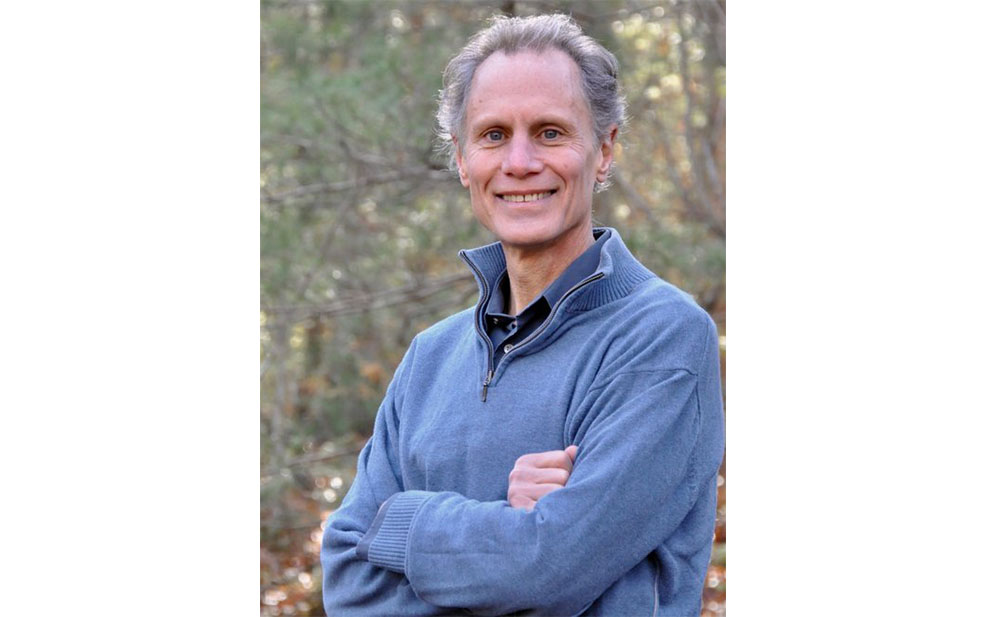
In his time outside of school, Gonen did odd jobs to make money, including working with a family doing everything from babysitting to mowing the lawn to whatever else they needed help with. It just so happened that his employer was Paul Macht, a renowned architect and early pioneer in sustainable architecture. Speaking with Paul and learning about his work, inspired Ron to learn more about sustainability and further bolstered his goal of doing good through his work after school.
“Given my background and schooling…. my real interest coming out of school was to do something within sustainability or social economics” Ron comments.
Continuing to Grow
Luckily for Ron, his strong marks and reputation as a superior water polo player piqued the interest of a few Universities, like University of Massachusetts Amherst, a program whose coach was looking to build a nationally ranked water polo powerhouse on the east coast. Ron joined a recruiting class with elite water polo players from around the world. During his time at Amherst the water polo teams went onto capture a place in the water polo “final four” for both his junior and senior years
Outside of water polo training, which took up the bulk of his time on campus, Gonen spent his time studying, selecting history and economics as his major.
His time in school was shaped by two experiences studying abroad. The first trip was to Madrid, Spain, where he went to school and surveyed the local water polo scene. In Madrid, there was a professional team that Ron trained with briefly in order to consider whether he wanted to play professionally in Europe after University. His second semester abroad was in his home country of Israel, where he was able to visit family and friends while studying at Tel-Aviv University.
Towards the end of his time studying history and economics at University of Massachusetts Amherst, Ron began planning the first step in his career. While he did flirt with professional water polo while training with a professional team during a semester in Madrid, Spain, ultimately he decided to follow his dream of making a positive impact on society.
He originally thought the best way to achieve this goal was through academia and social work. As such, he set his sights on getting his PhD in economics and finding work in social policy. But a conversation with his girlfriend at the time put things on a different course. “She told me the most effective way to make a difference in society is through business” Gonen remembers. With her guidance, Ron applied to two of the top firms in New York city, Accenture and Goldman Sachs, ultimately choosing the former. “Going to Accenture ended up becoming incredibly instrumental because I learned how to become a coder, learn about a software, businesses processes… which at the time I was thinking to myself ‘Why am I doing this? I have no interest in this and want to work in social policy’” remarks Gonen. “What was really happening is I was getting an amazing education in how to build a business, how to design software and how to implement solutions.”
Ron’s 6 years at Accenture and then Deloitte, laid the foundation for a successful business career. Yet, true to his will to want to make a difference, Ron decided to implement solutions for companies he knew he had to make a change. “Even though I was doing well and getting promoted, I just knew this wasn’t my passion. My passion was trying to solve societal problems.”
So, Ron decided to leave the world of consulting and head to business school, mainly so he could reset his career and figure out how he wanted to integrate the skills he had learned and apply them to a business of his own. The opportunity to do just that came within only a few months at Columbia business school in New York.
“A friend from high school called me and asked me to come over for dinner. He had this idea which was ‘what if you could reward people for recycling by identifying how much they could recycle’” he remembers. Ron jumped at the opportunity. “I wasn’t just somebody who said “that’s a great idea let’s do that”, I was somebody that could say “I can build the software and the business model to do that.”
Ron and his new business partner got started right away. To many of his classmates, focused on the more traditional routes of i-banking and consulting, the pair was crazy. “They would ask me, how are you going to pay back your student loans” Ron remembers with a chuckle.
The idea of having a business at the intersection of sustainable business practices and maximizing returns –now widely adopted– was a novel idea at the time. “I remember arguing, ‘no, this is the future’… the alternative is going to be very expensive.”
Putting doubters aside, he and his partner got to work. The first problem they faced was raising the funds to build the platform from scratch. “I had no money, and my partner had no money, so it became pretty obvious pretty quickly we needed investment” explained Ron.
The pair didn’t have to look far. After a series of interviews, Columbia Business School decided to be the first investor in the business, injecting 100,000 USD to get it up and running.
“I still distinctly remember the call from the school and where I was walking… they said “We’ve decided to invest in your business”.. I stopped in the street, put my arms up and said to myself ‘I HAVE MADE IT!’” Ron laughs.
The Wunderkind
After receiving the seed investments, Ron and his co-founder went about getting the business set-up for long-term success. This meant first paying back the vendors they owed money to and getting the software platform ready for customers.
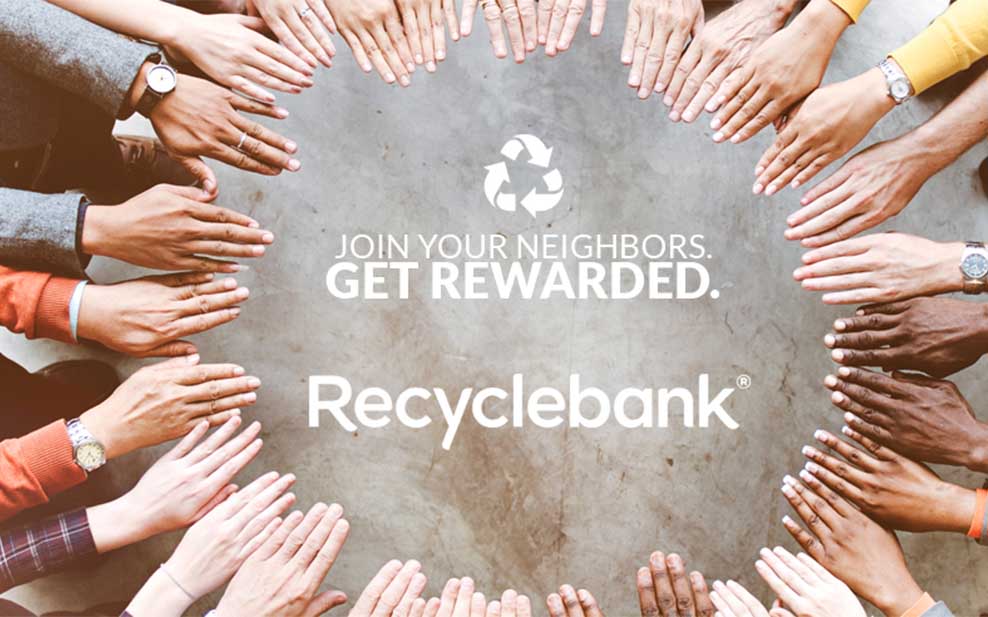
Once the program was ready, the founders rolled out the platform and started marketing activities. The platform they had created did exactly what they had in mind and after demo-ing their software with the city of Philadelphia, they were awarded with a “pilot” contract with the goal of servicing the entire City. Recyclebank was then able to build on the success of their pilot by attracting other clients, from large cities like Phoenix, Arizona, to smaller municipalities across the United States such as Cherry Hill, New Jersey.
In 2009, after years of steady growth and multiple rounds of funding that raised in total 100 million dollars, the company became one of the first B-corporations: a corporate structure that emphasized transparent governance. At the same time, some of Recyclebank’s venture capitalists were pushing for the company to solely focus on the ‘bottom line.’
Ron disagreed; seeing their directional push as a hindrance to Recyclebank’s ability to service clients and remained aligned with the mission that had attracted most of its employees to join in the first place. Ron realized that these investors were not going to budge and knew that he either needed to get on board with their vision or get off while he could. He decided on the latter.
“Second Mountain”
Making a modest exit from the business allowed Ron some financial breathing room to figure out his next career move. Sucked of energy and emotionally reeling from having to step away from the company he built, he took some time off to decompress and process his exit from the business, openly wondering how to recapture the same energy he had when starting RecyleBank.
After a few months of travelling and clearing his head, Ron joined the faculty of Columbia Business and gained a fellowship with the Aspen Institute. Just beginning to think of what to do next, he received a fortuitous phone call. Michael Bloomberg, the mayor of New York at the time, was looking for someone to help him reimagine the city’s sanitation department.
The department, the largest in North America, was struggling to figure out how to manage its waste management process, spending over 400 million USD a year to export its waste to landfills. Bloomberg was looking for someone with an in-depth knowledge of recycling who could fix the antiquated way the city dealt with its trash and relieve pressure on the administration from environmentalists fed-up with the lack of progress.
Ron was just the man for the job. In addition to his in-depth knowledge of recycling and infrastructure, which jived well with the blue-collar “old guard” of the department, he was also someone environmentalists would accept as a trustworthy reformer capable of making real change.
At the time, the city’s sanitation commissioner had held his position for over 50 years. “Bloomberg’s idea was to let him continue to do garbage, but to bring in someone [else] to manage recycling and develop the department’s long-term strategy” Ron comments. “I got recruited to come in and take over everything from recycling, organics, electronic waste, and hazardous waste for the agency.”
Ron decided to come on full-time and took the position of Deputy Commissioner of Sanitation, Recycling and Sustainability, in no small part because Bloomberg had the power at the time to support his projects and ensured him adequate resources to get the job done. “Bloomberg was able to say do what you need to do to fix this”.
Ron did just that, creating a host of programs that have reshaped the way New York manages its waste; from starting curb side organics pick-ups, used apparel pick-ups and for the first time in the city’s history, properly managing its heaps of electronic waste. During his time in the administration, the Natural Resources Defence Council (NRDC) named him the “Public Official of the Year” in 2013.
“It was an awesome experience being in the administration… the role helped me develop a lot of skills that were very important for my career…probably the most important thing being how to get things done through consensus.”
Closed Loop Partners
As his time in Bloomberg’s administration was coming to an end, he started to reflect on how he could apply his knowledge to make a more meaningful impact on society. “The interesting thing about government is the day you start, you know what your last day is going to be” Ron remarks. He decided to turn his attention to re-shaping the inefficiencies in the economy on a grander scale.

An observant student of economics and history, Ron understood that the capitalist system operating today is not sustainable for the long-term. Using resources, just to throw them away after a product’s life cycle ends, was not only environmentally unsustainable, but also economically detrimental. “If you look at the system, the winners are really the extractive industries, the losers are the consumer goods companies and the retailers who have to pay for the natural resources.”
His solution to the problem: what he and other experts dubbed ‘the circular economy’. “In 2014, nobody knew what we were talking about” Ron discussed. “I started speaking with retailers and consumer goods companies and saying your supply chain could be a lot more efficient and a lot less expensive if you embrace circular practices such as re-using raw materials.” The companies Ron spoke to agreed and asked how he could help them transition.
Ron started with raising a fund to invest in companies helping supply chains become more sustainable. Getting initial seed investment from consumer goods companies allowed him to grow a big enough fund to pick multiple companies to invest in, including companies focused on green logistics, recycling and sustainable R&D.
Starting the fund was just the start for Ron’s new venture, which he named “Closed Loop Partners”. He envisioned growing a firm that had investments as just one part of a company shaping change in the industry.
In addition to managing investments, Closed Loop Partners set-up an innovation centre for companies looking to develop solutions to greenify supply chains. When companies did not exist in the space to service a particular niche, for instance Green Packaging, Closed Loop Partners could help get them off the ground. Today, Closed Loop Partners has over 40 employees and over 400 Million USD in assets under management.
“It’s a really exciting time….now we find ourselves in a world where the circular economy is a central business topic. We think circular is how the global economy is going to be operating for the next 100 years… And we’re not just starting from scratch. We’re ahead of the curve. We have a platform, 50 portfolio companies and an innovation centre. I’m really excited to see where the future takes us.”
Book It- Advice for the future
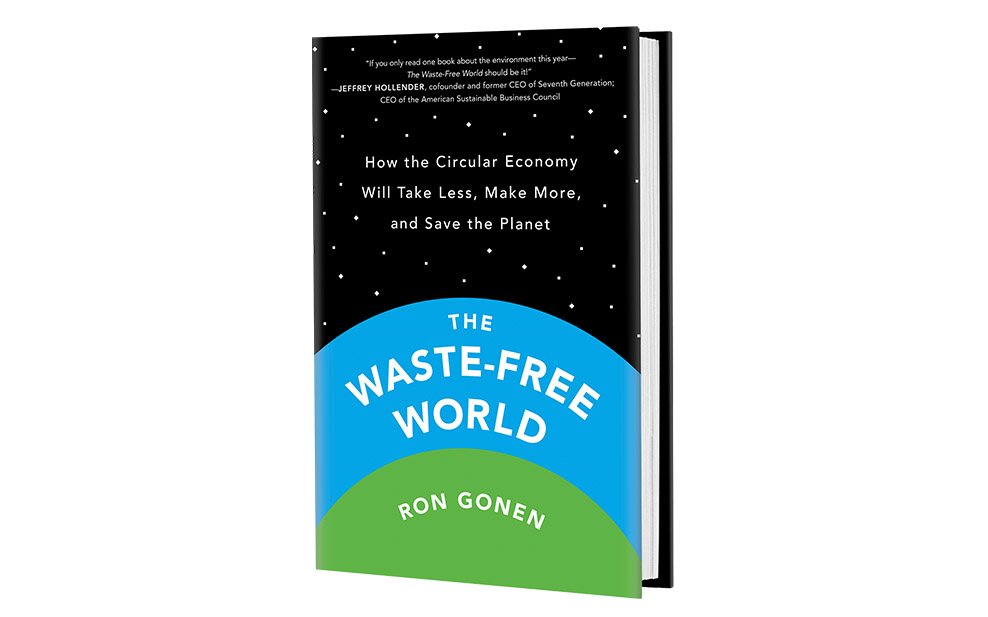
While leading Closed Loop Partners, Ron also made the time to write what is surely one of the most comprehensive overviews of the history and development of the circular economy to date: “The Waste Free Word: How the Circular Economy will Take Less, Make more, and Save the Planet”. Published in 2021, this book provides an enlightened overview of how the modern economy came to be and imagines a framework to allow for a more sustainable, equitable future. “Writing was an opportunity to detail my interest and observation on history and economics, as well as my hope for the future” Ron quips.
By taking a hard look at the realities of our inefficient system and offering concrete, detailed suggestions for how to change for the better, this is sure to be a playbook for businesspeople of all levels to shift their perspectives and strategies in the emerging era of circularity.
The book also exhibits Ron’s dedication to promoting fair play and removing divisive falsehoods in the environmental space. As he explains, contrary to what we often assume in a democracy, “what actually takes place behind the scenes [is people] jockeying for position and their own interest, oftentimes at the expense of competition and meritocracy.”
As his book illuminates, many large corporations, intent on keeping profits high, often mislead the public through purposely opaque organizations and interest groups. Such behaviours, combined with an increasing polarization of politics lead to warring sides with little space for honest dialogue. “We’ve moved towards tribalism…discourse, debate is what we are missing” he explains.
It is Ron’s hope that an increased awareness of the flaws in our system, combined with the inspiration of positive activity being done in the circular space, leads us towards a cleaner, greener, more prosperous future. It’s up to us to step up and follow his lead.
Finally, here are a few quickfire questions and answers to help you get to know Ron better. We asked him to say the first thing that came to mind when we said the following words. His responses are in italics.
Passion: My Children
Hope: Critical
Closed Loop Partners: Impact
NYC: The Best
Sustainability: Obvious
Recycling: Important
Love: Needed
Columbia: Foundation
Aspen Global Leadership Network: Helpful
Challenge: Balance
Accenture: Education
The Bloomberg Administration: Inspirational
Home: Family
Asia: Growth
Future: Better
Written exclusively for WELL, Magazine Asia by Jackson Kelleher.
Cover Photo Credit: Recycling Today
Looking for more inspiring stories about today’s purposeled entreprenuers? Click here to visit our WELL, WHO? portal
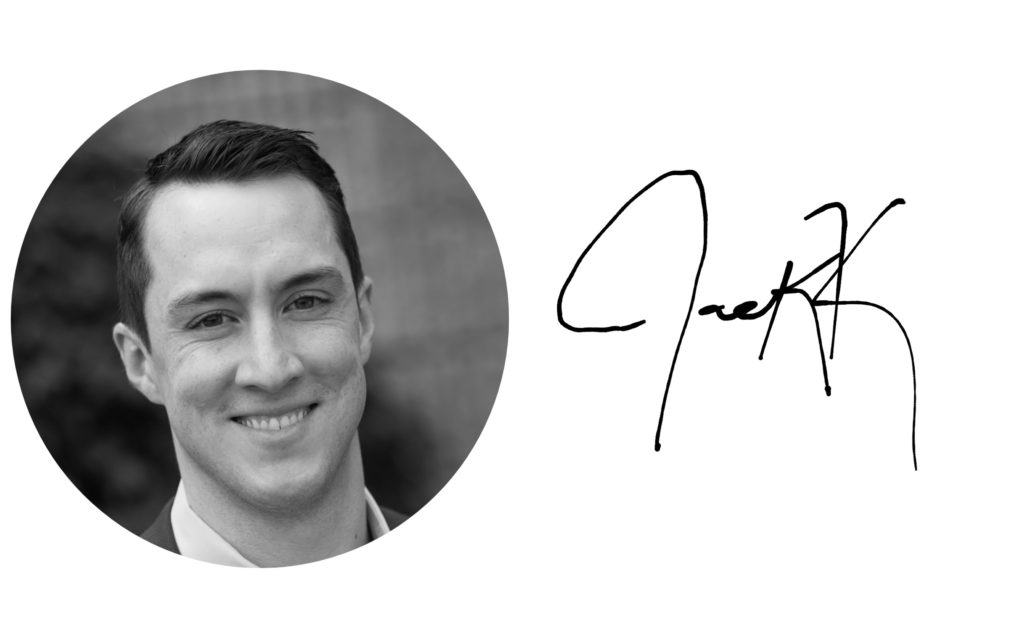
Thank you for reading this article from WELL, Magazine Asia. #LifeUnfiltered.
Connect with us on social media for daily news, competitions, and more.
